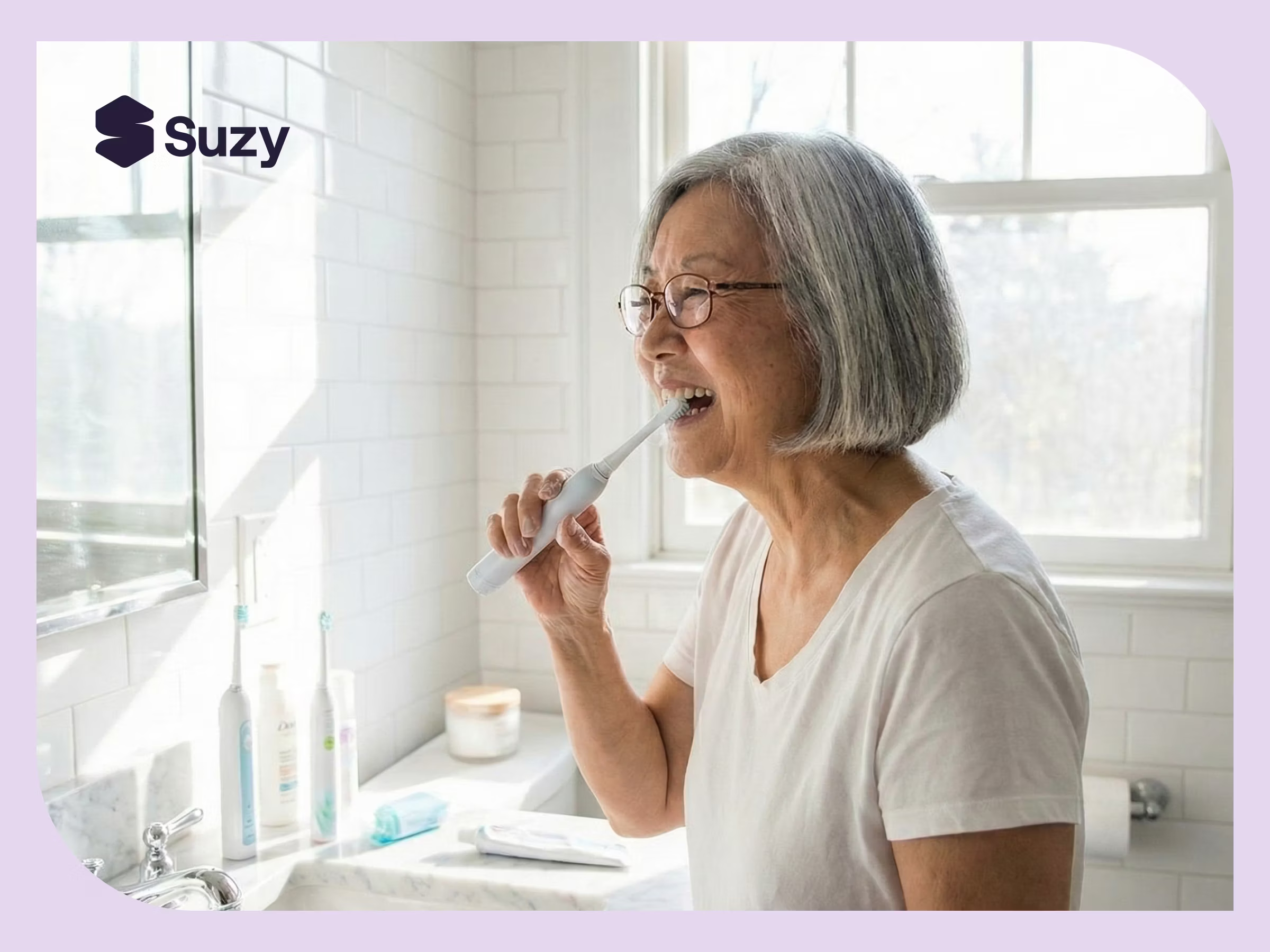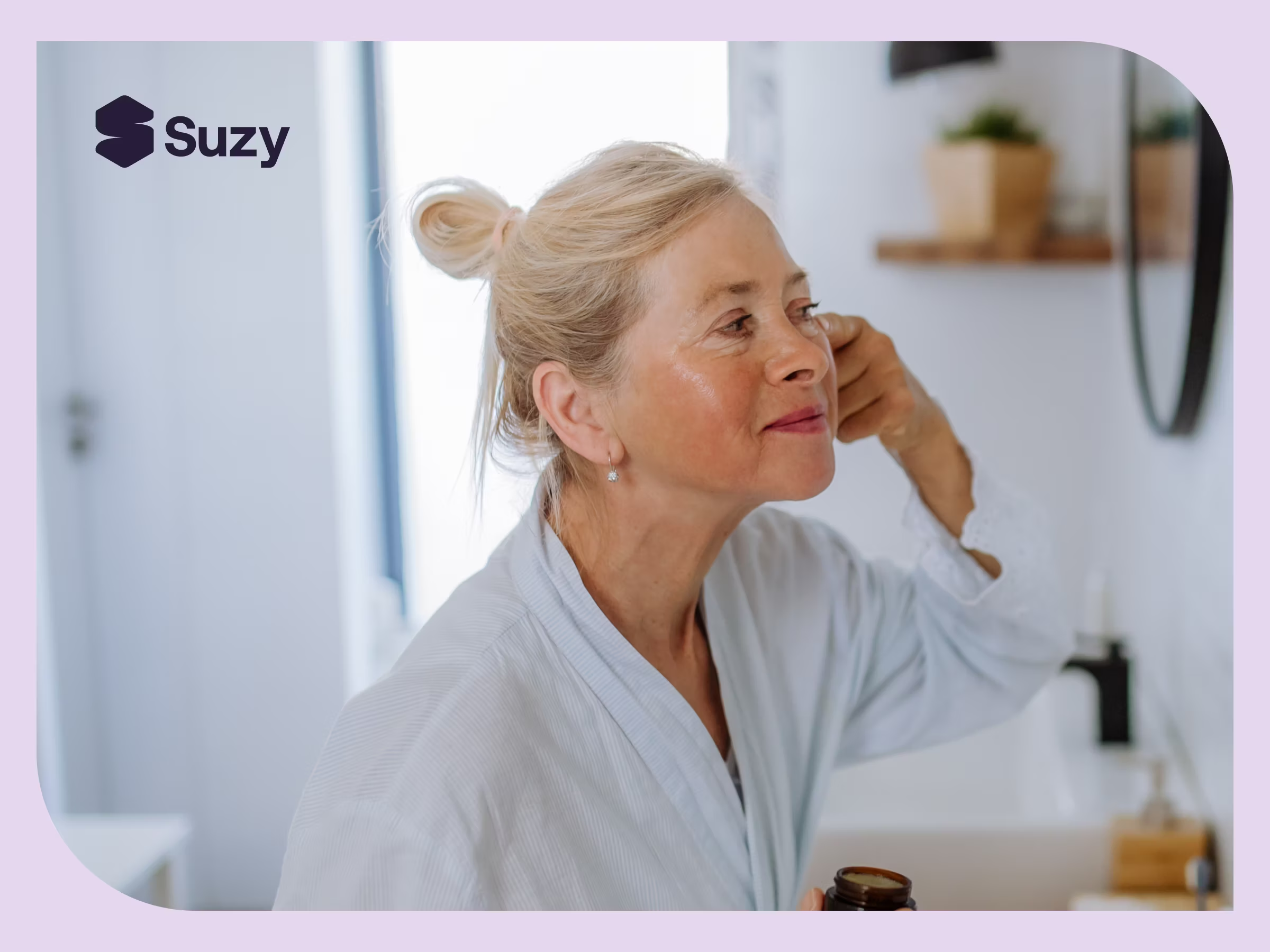In market research, the power of inquiry cannot be overstated. Effective questions not only elevate survey results but also mitigate biases, bridging the gap between businesses and consumer perceptions. Both qualitative and quantitative research thrive on well-structured queries that align closely with strategic objectives. In focus groups, particularly, the art of questioning delves deep into consumer psychology—unveiling how they think, feel, shop, and make decisions.
What are online focus groups and how can they work for your brand?
Crafting a compelling set of questions and an organized discussion guide is paramount for harnessing the full potential of focus groups. Tools like Suzy Live enhance this process by integrating follow-along discussion guides for every interview, ensuring every session is productive and on-point. However, it's not just about asking questions—it's about asking the right ones that foster rich insights across all phases of consumer engagement, from initial learning and innovation to campaign development and performance tracking.
In this blog, we'll explore how Suzy consolidates the qualitative and quantitative landscapes, enabling a seamless transition between different types of data collection for robust and comprehensive insights. This consolidation allows for an iterative feedback loop that refines consumer insights at each step, making Suzy a single, streamlined solution for a complex market research framework. Let's dive into the strategies for structuring your questions to maximize the depth and utility of the insights you gather.
Tips for creating focus group questions:
Set a research objective
Knowing exactly what you want to learn is paramount for a successful focus group. Based on the objectives you set, your questions may aim at understanding how and why consumers buy, why they buy and what influences their buying. Or, if you want to understand how consumers think about your competition, you may ask them questions about what they like about a particular brand and why.
Ask open-ended questions.
Instead of yes or no questions, ask the big five questions: who, what, when, where, and why. You should also ask how questions. These questions can help your focus groups get deep into the details, which in turn can help you mine for the richest insights.
Then follow up by asking participants to expand on an idea or thought.
Ask other participants if they agree with a thought that was just shared, or if they’ve had a similar experience. For example, If you ask them about their desire to purchase, follow up to see how much they’d be willing to purchase the product for.
Leverage the group setting.
Your consumers don’t live in a silo. Everyday interactions influence their thoughts, feelings, and behaviors. The group dynamics of a focus group can help you draw on shared experiences, explore concepts, and build empathy among participants.
But create space for individual participants
You may find yourself with some introverted focus group members. Or, alternatively, one member may not agree with what the rest of the group is saying. Be sure to create a safe space so that everyone can participate and share their thoughts.
The dos and don'ts of utilizing AI for focus group discussion guides.
Thanks to AI, you can quickly speed up discussion guide creation. But be sure to follow these dos and don’ts to get the most out of of AI tools:
DO use it for early drafts and ideas
DO provide it with a background of the objectives of the research and key audiences
DO be clear that you want it written in open-ended questions
DO workshop your prompts and save the ones that work best for you
DO use it to help create sections and timing of the guide
DO add in probing questions. AI tools are good at high-level questions.
DO upgrade to the paid version of ChatGPT if you can
DON’T send it to end clients as-is for approval without editing
DON’T share sensitive or confidential information with an AI tool without toggling off learning or chat history
Start your focus group with questions that build trust
To run a successful focus group, you need a strong moderator to facilitate that process. Managing a focus group well means managing more people, more personalities, and the possibility for disagreement. An experienced moderator can help your focus group run smoothly and give everyone the chance to talk. Your moderator should be flexible and able to move the discussion so you can zero in on the nuances. If you need a strong moderator for your online focus group, we can provide you with one of our experienced and professional researchers in the Suzy Live network.
It’s important to start your focus group with an introduction and questions that will set the interview group at ease so they’ll be more willing to share their thoughts and feelings with you. First, the moderator should explain who they are, why everyone is there, and that the session is recorded. It’s also a good idea to outline some guidelines, like “be respectful”. To encourage honest participation, the moderator can reassure the group that they should share their true opinions and that nothing they say will hurt anyone’s feelings.
After the introduction is done, the moderator should move into an icebreaker. They can start by asking the participants to:
- Share your name, age, where you live, who you live with, what you do.
- Tell us a bit more about how you typically use brand/product/service at home.
Some other good starting questions for focus groups include:
- When/how did you discover a brand/product/service?
- What’s your favorite activity to do outside of work?
- Where are you or your family planning on traveling next?
- What is your favorite [insert relevant category] and why?some text
- Ex: What is your favorite candy and why?
From there, your moderator can start getting into the big questions that will produce the most insights.
Focus group questions for foundational learning
During foundational learning, brands can learn who their potential target consumers may be. This stage of the consumer feedback loop can help you understand who their consumers are.
In a focus group, ask questions to help consumers tell you in their own words why, where, and how they buy. You should also plan to ask questions so you can understand what influences their decision-making. Finally, don’t forget to do a competitive analysis! Ask them what they think of both you and your competitors.
Example questions:
- Who in your family typically makes purchase decisions?
- Who do you trust for brand/product/service recommendations?
- What brands do you think of when you think of [industry]?
- What other brands did you consider while you were shopping?
- What made you decide to purchase our brand/product/service over others?
- What features does this product have that others do not?
Focus group questions for the innovation pipeline
Qualitative market research insights are hugely valuable during the innovation process as well and can help you understand if consumers will accept and use the product (and how to make it better for them). As you begin to refine the packaging, name, or prototype, use focus groups to get feedback from your potential customers and learn what features or qualities of the product would impact their buying decision. During your discussion, watch for reactions and closely observe body language. If your product is already in market, you can ask current customers how to improve it. With Suzy Live, you can even retarget the consumers you interviewed during your foundational learning focus groups.
Example questions:
- What is your first reaction to this brand/product/service?
- How would you describe this brand/product/service to other people?
- What features do you like about this product that differentiate it from similar products?
- What features would you most like to add/remove from this product?
- How does the name of this brand/product/service make you feel?
- What features were you hoping to see in this product?
Focus group questions for marketing and campaign development
Once you have a product that your target consumers will love, it’s time to market it! Focus groups can help you during the early stages of positioning, messaging, or creative concept innovation. With the insights from your consumers, you can create an overall direction for your marketing initiative and create impactful go-to-market strategies.
Example questions:
- What about this packaging appeals to you and why?
- Describe how this [concept/package/ad/story] makes you feel.
- What parts of this messaging are confusing to you, and what would make it clearer?
- After reading our new product description, what are the top three benefits that stood out to you?
- Who do you think this product is for based on this packaging?
Focus group questions to help you understand shoppers
Insights, CX, brand, and merchandising teams should run focus groups to understand how to get in front of their consumers when they shop. Focus groups can also help brands understand brand and product sentiment over time, especially by surveying the same consumers from previous focus groups with Suzy Live.
Example questions:
- Where do you primarily shop for [product] and why?
- Describe how you feel about [your brand] now compared to last year.
- How difficult is it to find our product in your local store?
- How much money would you be willing to spend on a product like this?
Wrapping up a focus group with more questions
At the end of your focus group, round it out by asking participants if there is anything else they’d like to address. Ask questions like:
- Is there anything you didn’t have the opportunity to share with us today?
- What is the main thing you want our brand to know about you and your needs?
Finishing your interview with questions like these ensures that your consumers feel heard and listened to during the process.
Final thoughts on focus group questions
Ask questions that draw upon respondents’ attitudes, feelings, beliefs, experiences, and reactions to get the deepest insights. Be sure to make focus groups a regular part of your research process. After all, asking questions throughout every stage of the consumer feedback loop and product development process can help you truly understand the audience's perspective.
The Suzy Difference
Suzy simplifies your toolkit without sacrificing depth or quality, offering a singular solution that streamlines your insights needs. In a fragmented market research landscape, Suzy enables you to do more with less by effectively consolidating qualitative and quantitative methodologies. This access to a vetted, on-demand audience closes the insights loop, enhancing your ability to test, learn, and refine strategies in a cyclical process, ensuring every insight is an opportunity for informed growth and refinement.
Our team can help you plan the discussion for your next focus group, and we’ll handle all the logistics, from recruiting participants to moderating the interviews. After the interview, you’ll immediately have access to all interview recordings, interactive transcripts, and notes.
.webp)






